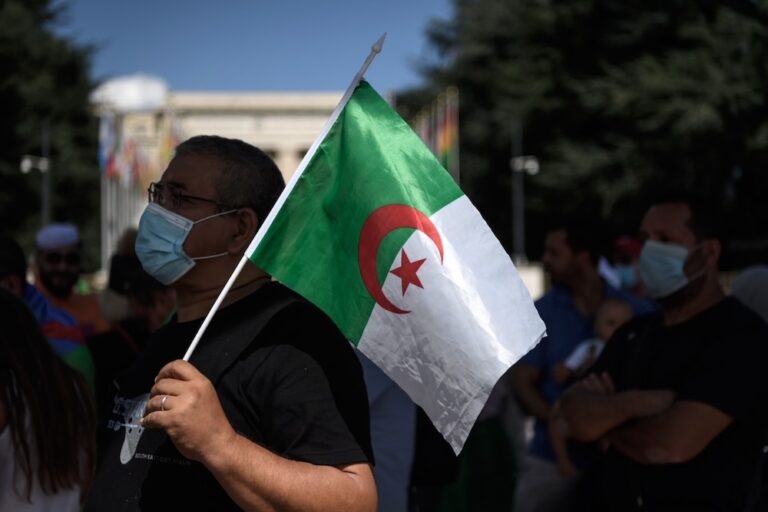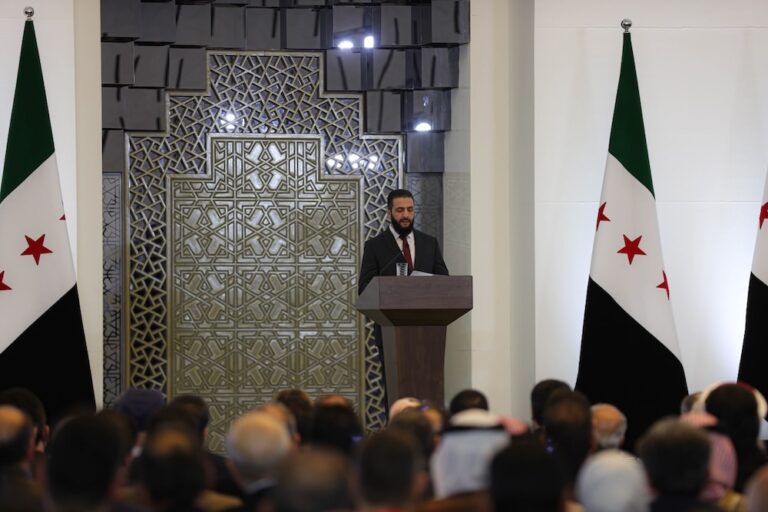The report examines how governments use these laws to legitimise crackdowns on divergent views under the pretext of maintaining 'social harmony.'
(Freedom House/IFEX) – October 21, 2010 – Domestic blasphemy laws, far beyond their clear violation of freedom of expression, are responsible for broad violations of human rights, particularly when applied in weak democracies and authoritarian systems, according to a study released by Freedom House today.
Policing Belief: The Impact of Blasphemy on Human Rights examines how governments use these laws to legitimize crackdowns on minority groups, dissidents and other divergent views under the pretext of maintaining ‘social harmony.’ While Policing Belief uses cases studies of seven countries —Algeria, Egypt, Greece, Indonesia, Malaysia, Pakistan and Poland—the findings are indicative of the danger blasphemy laws pose more broadly, particularly in countries lacking strong democratic safeguards.
“It is unsurprising that blasphemy laws violate the fundamental freedom of expression, as they protect religious institutions and doctrine – abstract ideas and concepts – from insult, offence, or debate,” said Courtney C. Radsch, editor of the report and freedom of expression officer at Freedom House. “It is perhaps more surprising that the majority of people impacted by these laws are in fact Muslims who are not able to practice – or not practice – their faith in the way that they choose.”
The study found that blasphemy laws, though disproportionately used to discriminate against religious minorities, are also used to crack down on the majority by enforcing narrow interpretations of religious doctrine. Additionally, the laws directly lead to a range of other human rights abuses, including discrimination based on religion, belief and gender; arbitrary arrest and detention; and torture and ill-treatment. The study also found that in countries like Pakistan and Egypt, blasphemy laws are often used to settle personal scores.
“Acts of religious discrimination are a genuine human rights issue for which everyone agrees a better solution is needed,” said Paula Schriefer, director of advocacy at Freedom House. “However, not only do these laws fail to address the problem, but codifying ‘defamation of religions’ into international law sets a dangerous precedent and provides legitimacy to the rights abuses these laws inevitably create.”
The United Nations Human Rights Council and General Assembly regularly adopt resolutions condemning ‘defamation of religions’ as a violation of international human rights and Organization of Islamic Conference (OIC) member states are attempting to create and adopt a new binding international law prohibiting ‘defamation of religions.’ However, there is growing recognition that such a concept has no place in international law as fewer states have voted for the resolutions each year.


